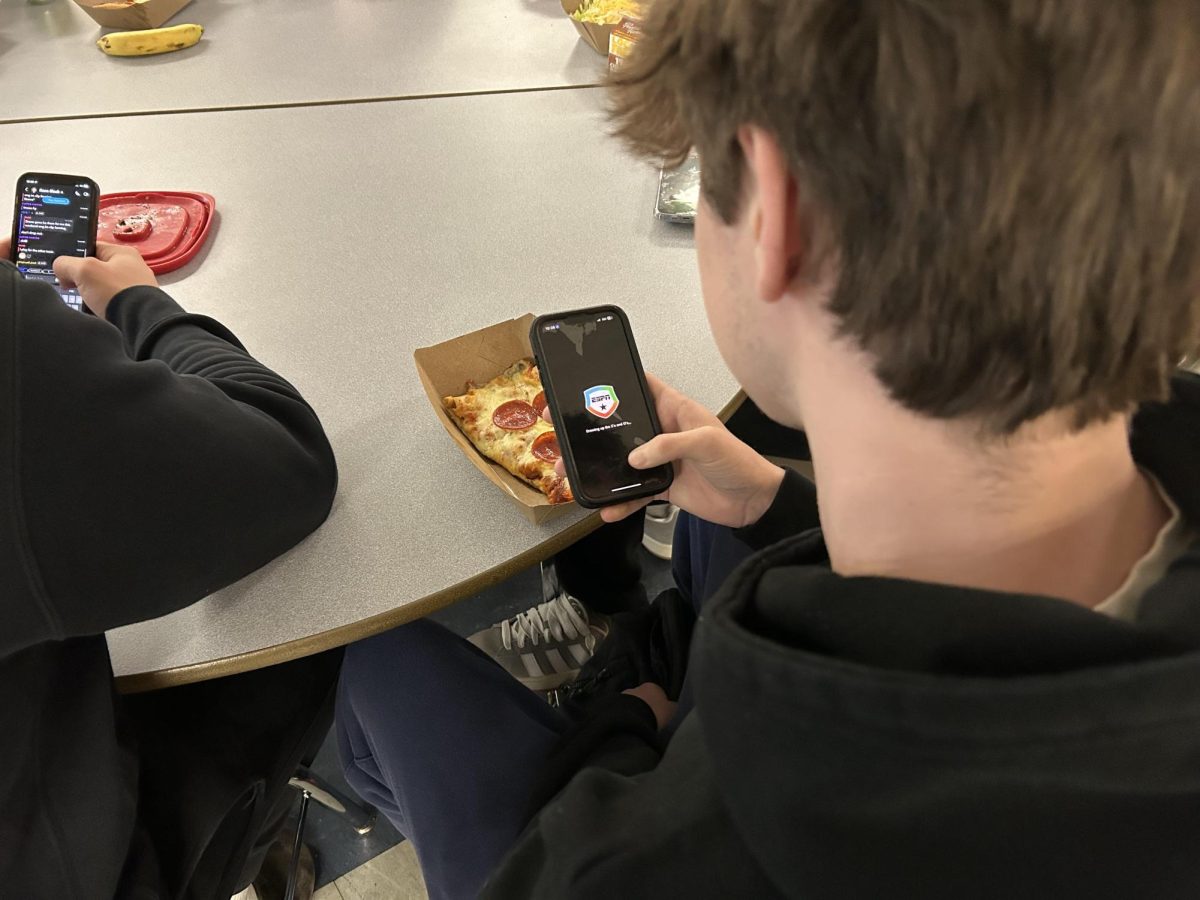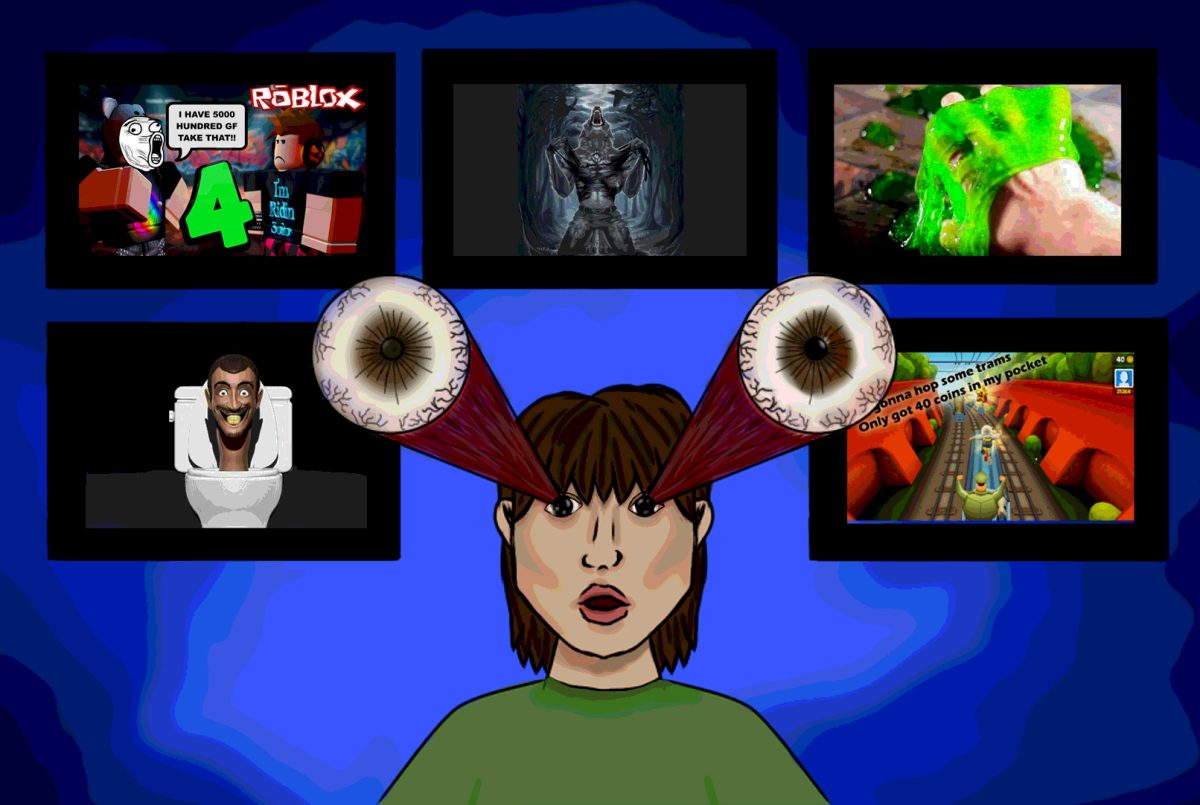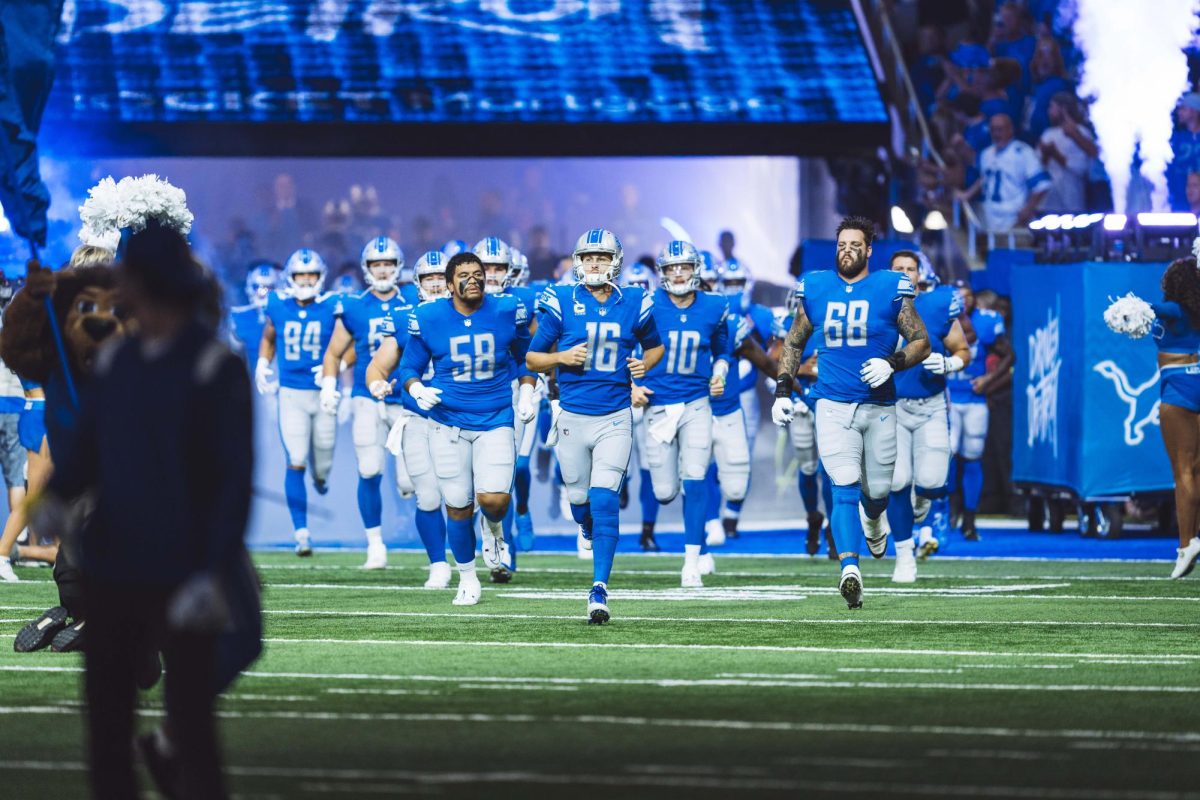
You’ve probably noticed that almost every store in town is decorated with huge red hearts and flowers, meaning Valentine’s Day is coming up.
February 14th is the best day of the year for lovers to express their affection with gifts and greetings. However, we all know that it is also the best day to freak out about how to celebrate it with our partner or can turn out to be a reason to feel ashamed if we don’t have someone with whom we can share the day.
Although Valentine’s Day is meant to be a day for couples to celebrate their unconditional love, many studies like “The Beauty of Data Visualization” by David McCandless, have shown that couples are more likely to break up in the weeks before and after February 14.
According to Dr. Jonathan Fader, a licensed clinical and performance psychologist, this is mainly because of three different things: expectations, comparisons and magnification.
First comes the issue of expectations. As Valentine’s Day is one of those holidays when everyone has high expectations for an extraordinary night, this can often lead to disappointment. Teenagers can feel let down because we expect the most heartfelt love letter, but instead don’t even get a “Happy Valentine’s Day” text.
Waking up the morning after Valentine’s Day, we might make the naive mistake of going through our social media. Once we have seen the pictures of our friends being cute and having lots of fun in fancy restaurants, there is no way to turn back at that point. It becomes very difficult to avoid comparison, leaving us feeling disappointed with how we’ve spent our evening, even if we had fun in the moment. Not to mention, that when a relationship is not working or is already having some issues, Valentine’s Day doesn’t help. The high social expectations for the 14th can make problems in relationships seem worse than what they actually are.
Moreover, due to high society expectations, teens who are in a relationship often feel pressured to make the best gifts or prepare the best date for their partners and they spend crazy amounts of time and money to make that possible.
In 2016, Americans spent a total of $19.7 billion dollars on the holiday, $4.5 billion just in jewelry. Experts from the American Psycological Association claim this is completely unnecessary, and they like to reiterate the importance of paying attention to our partners daily and not just on certain days and, above all, letting go of high expectations in order to enjoy a wonderful evening.
Even so, Valentine’s Day is not just hard for teens who are in a relationship. People often find it difficult to enjoy the holiday when they are on their own. Valentine’s Day often highlights the feeling of loneliness and sometimes, it can even cause anxiety. We may feel unworthy of love or a feeling of deep loss.
This awful fear to be single usually come, again, from expectations and comparisons. Since we were little, we see commercials and movies depicting perfect relationships which may set high expectations for teenagers.
Comparing our life with the lives of the people who surrounds us is also a common issue. Many times we find ourselves being the only one single in our group of friends. We all know how it feels to be constantly third-wheeling; while we are happy for our friends, it can be hard to be surrounded by seemingly perfect relationships, especially on Valentine’s Day when we also feel the need to pretend we’re happy being single even if we’re not.
It’s necessary to highlight the dangers of feeling fear of being single since it can make us choose the wrong person to date, thinking that we don’t deserve any better. It’s also important to point out the benefits of being single, like the ability to experience more autonomy and personal growth, and also the many different ways in which you can enjoy the holiday on your own.
“First of all, dude, February 15th chocolate is like 75 percent off. GET IN ON THAT,” said Loy Norrix sociology and psychology teacher Rebecca Layton. “There is a social expectation of having a partner and that if you don’t there is something wrong with you. That’s a lot of foolishness. You’re at an age where you want to be accepted and dating is like a stamp of approval that you are socially accepted. Go back to letting yourself have fun. Remember that you have a small group of people here to choose from and a lifetime of skills, talents and adventures to have that are way more important than dating some high school kid.”
It is clear that we live in a society that in the last few years has been changing extremely fast and the meaning of the word love has changed as well. We have seen how gender identity and sexual orientation has increasingly diversified, drawing away from heterosexual normativity and old intolerant standards of love.
Teenagers have been a part of the fight for the acceptance of all forms of love, but at the same time we have seen that interpersonal relationships in our society are based upon fragile connecting links so, consequently, relationships are progressively weaker. We are used to living in an emotionally unstable environment and we don’t care anymore about finding ourselves, adapting to change or becoming self-sufficient. We try too hard to fill the void when we feel empty, and we forget the true meaning of caring and loving.
The pressure from our culture and the expectations of society have made us feel dependent on romantic relationships and society has placed romantic love over other kinds of love, including self-love.
This Valentine’s Day should be about celebrating ourselves first, and then enjoying it with everyone we love.
Categories:
The Meaning of Love in an Age of Change: How Teenagers Struggle on Valentine’s Day
February 7, 2019
1
0
More to Discover








Ajay Uprikar • Feb 11, 2019 at 2:25 am
Valentine’s Day.